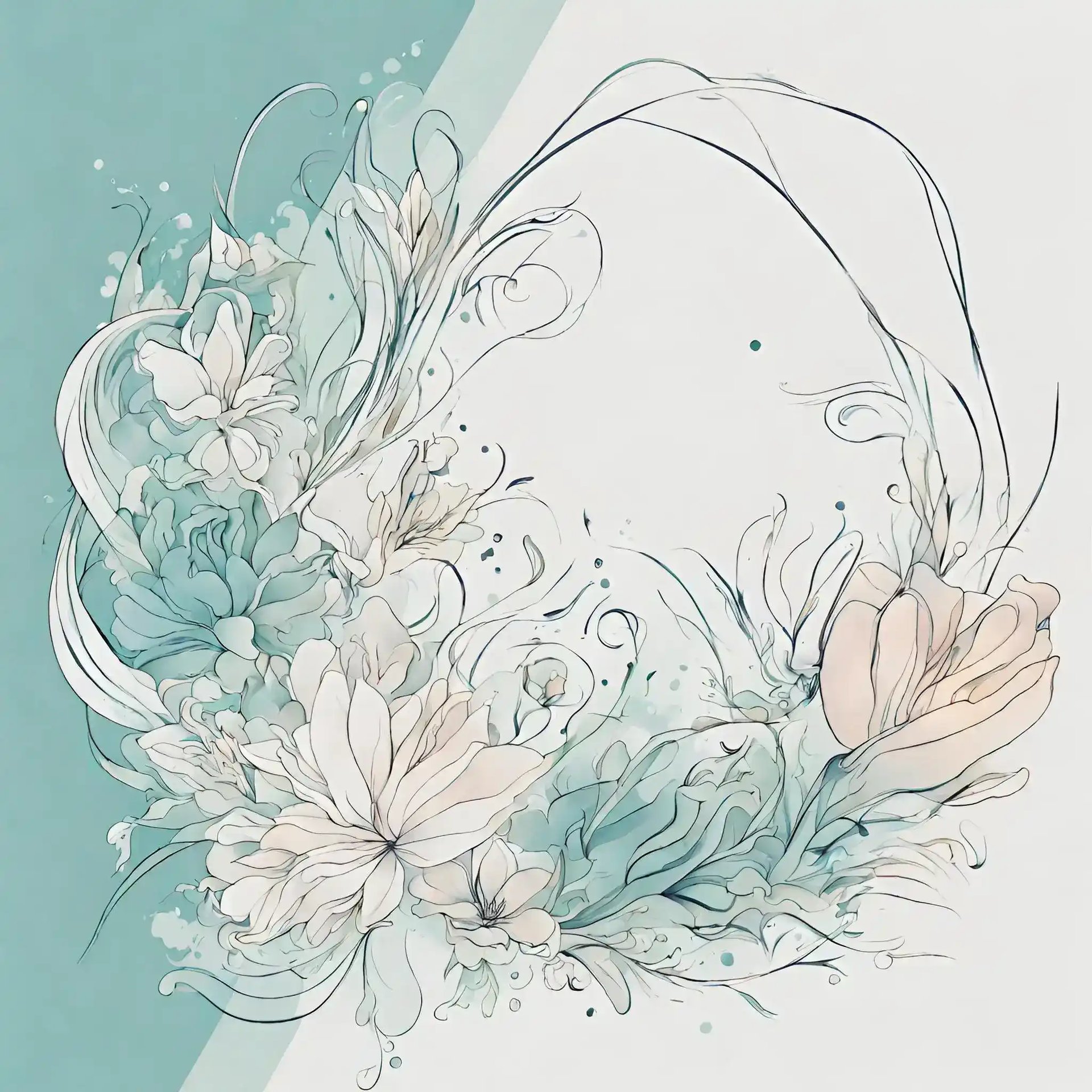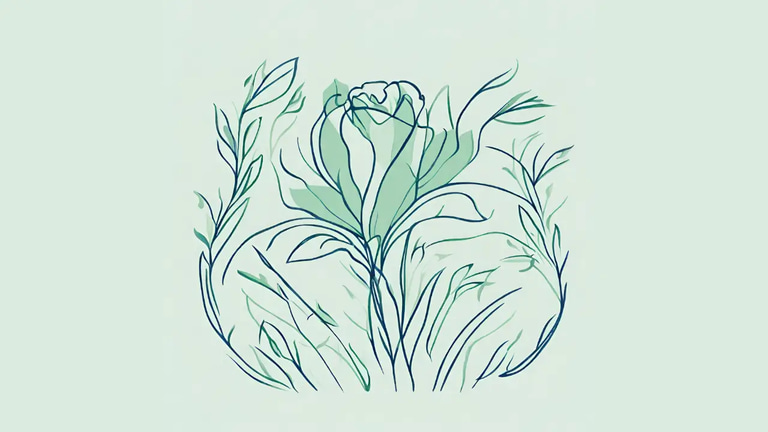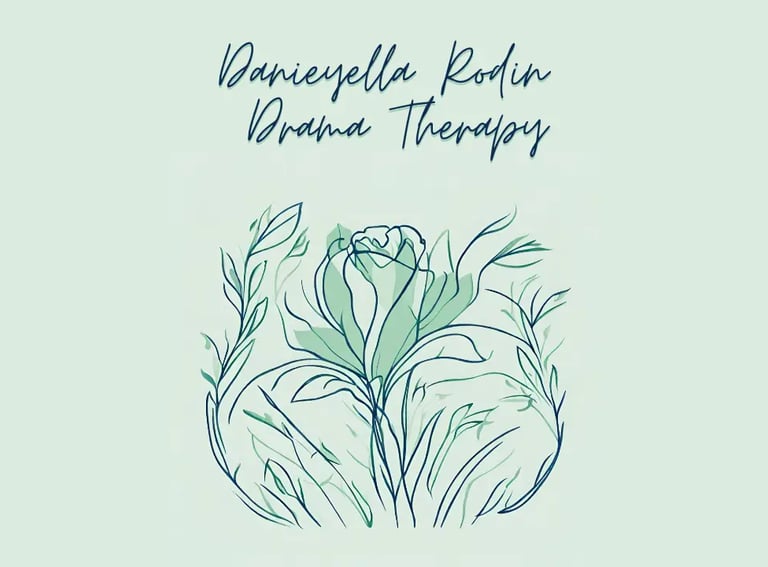About Me & Drama Therapy
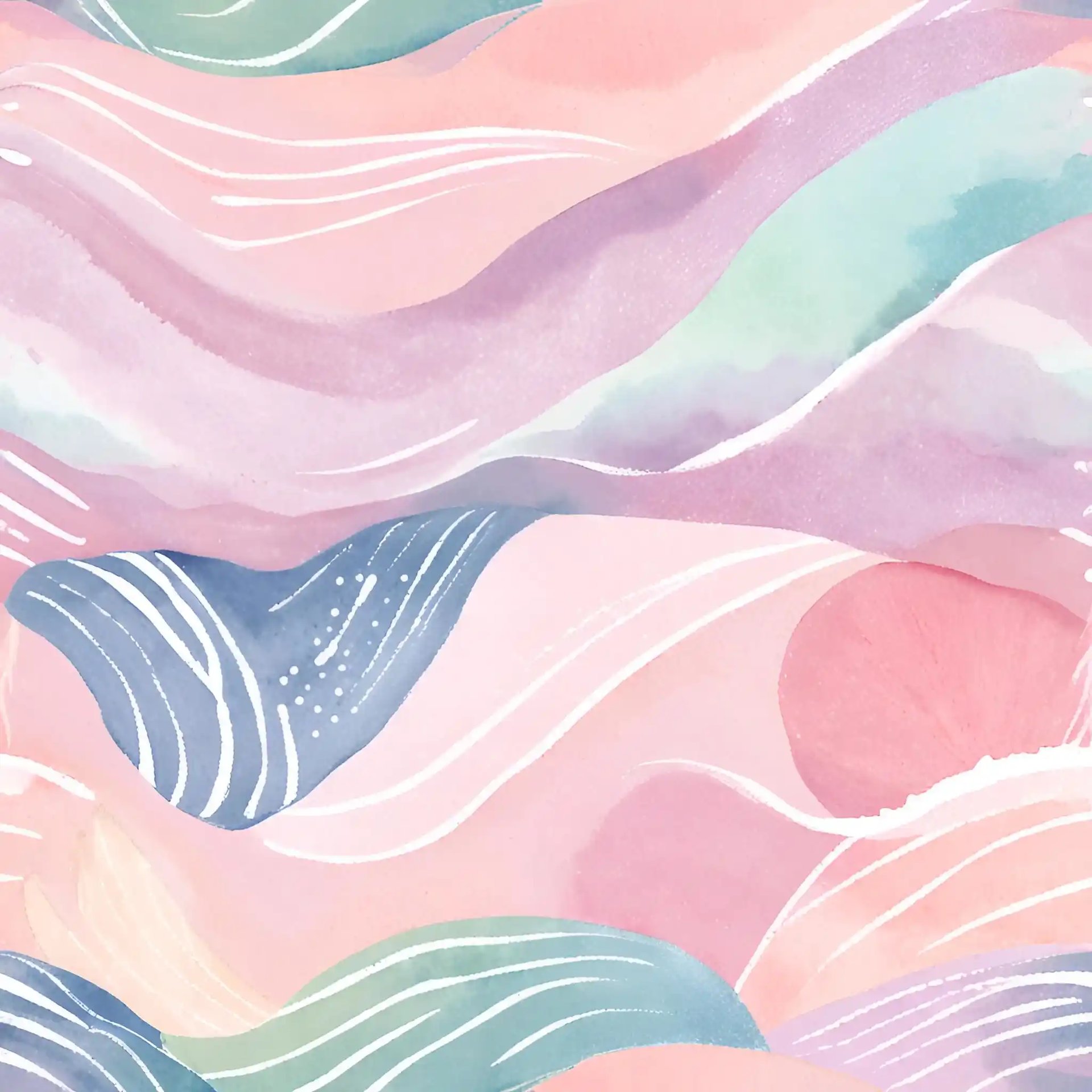
I became an arts therapist after working (and training) in the creative arts sector since I was an early teenager. I have gained experiences in numerous creative industries, from theatre and contemporary performance, to film and music. I have worked as a performer, writer and creator, both in front of audiences and behind the scenes.
When I arrived in Johannesburg, thirsty to use my creative skills in a new way, I was drawn to the healing arts. This is when I decided to become a certified drama therapist at the only university program on the African continent (which happened to be a few kilometres from my home).
I haven't looked back. I bring my multi-modal creative eye into the therapy room, working with my clients to find ways of connecting with their deeply rooted embodied felt sense and expressing it anew. We may work through symbol and metaphor, or story and role, or words and images, or sound and gesture - or all of these at different times when the work demands it and when the client is ready.
My drama therapeutic approach is culturally sensitive, gentle, mindful and embodied. My work is client-led and framed by a holistic, humanist approach which views every human being as capable of self-actualisation. However, I believe that this is a process, not a finite goal because that what self-actualisation means or looks like practically, changes as we grow and develop throughout our lifespan.
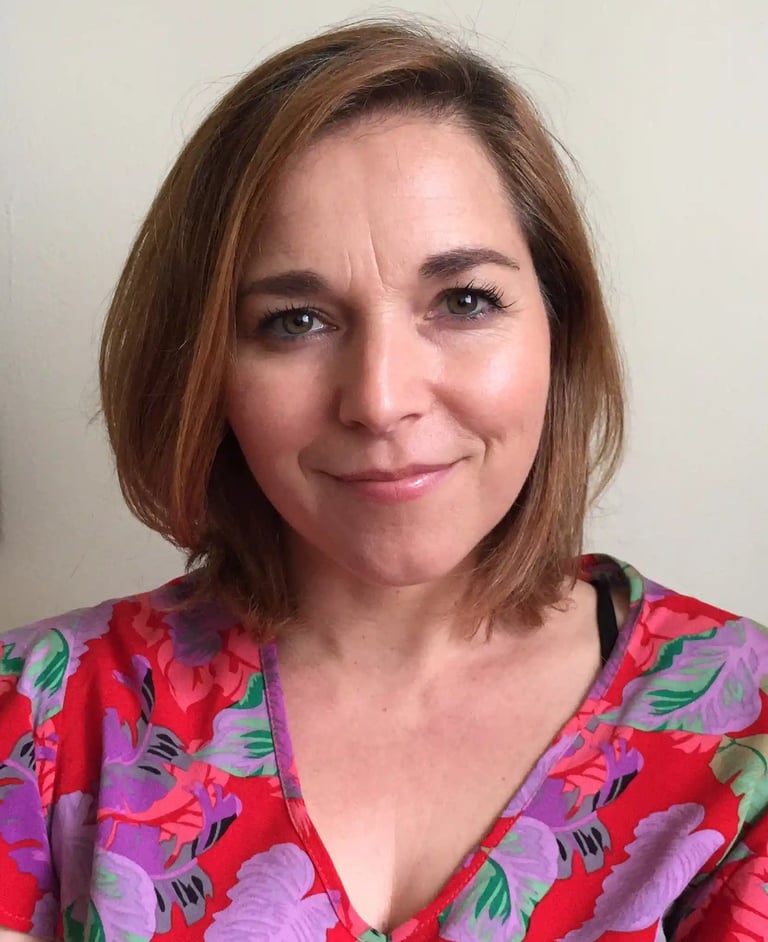

Me
"We cannot live the afternoon of life according to the programme of life's morning"
Carl Jung
Drama Therapy makes use of a variety of techniques from different stages, styles and genres of theatre and performance in order to facilitate therapeutic aims. Just as performance comes in many shapes, shades and sizes, so too do the tools and techniques of drama therapy and its clients.
In session, we explore and use different creative forms to allow for reflection, expression and processing around a variety of experiences, needs, reoccurring life-patterns and challenging inter- and intrapersonal experiences. Drama Therapy is unique in that it offers a transformative, experiential approach which makes use of metaphor, symbol, story and embodied awareness.
Through these creative methods, clients are able to engage with alternate and novel perspectives and narratives on familiar personal challenges. Drama Therapy can offer a place experiment with, and rehearse new behaviours and communication strategies experientially, as well as establish a symbolic and meaning-making language with which to reflect on life experiences.
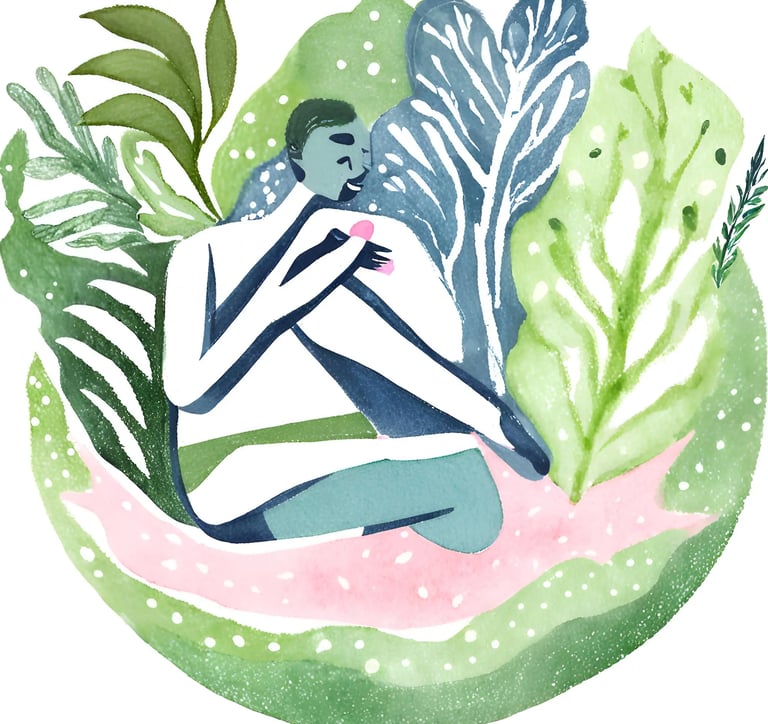

Drama Therapy
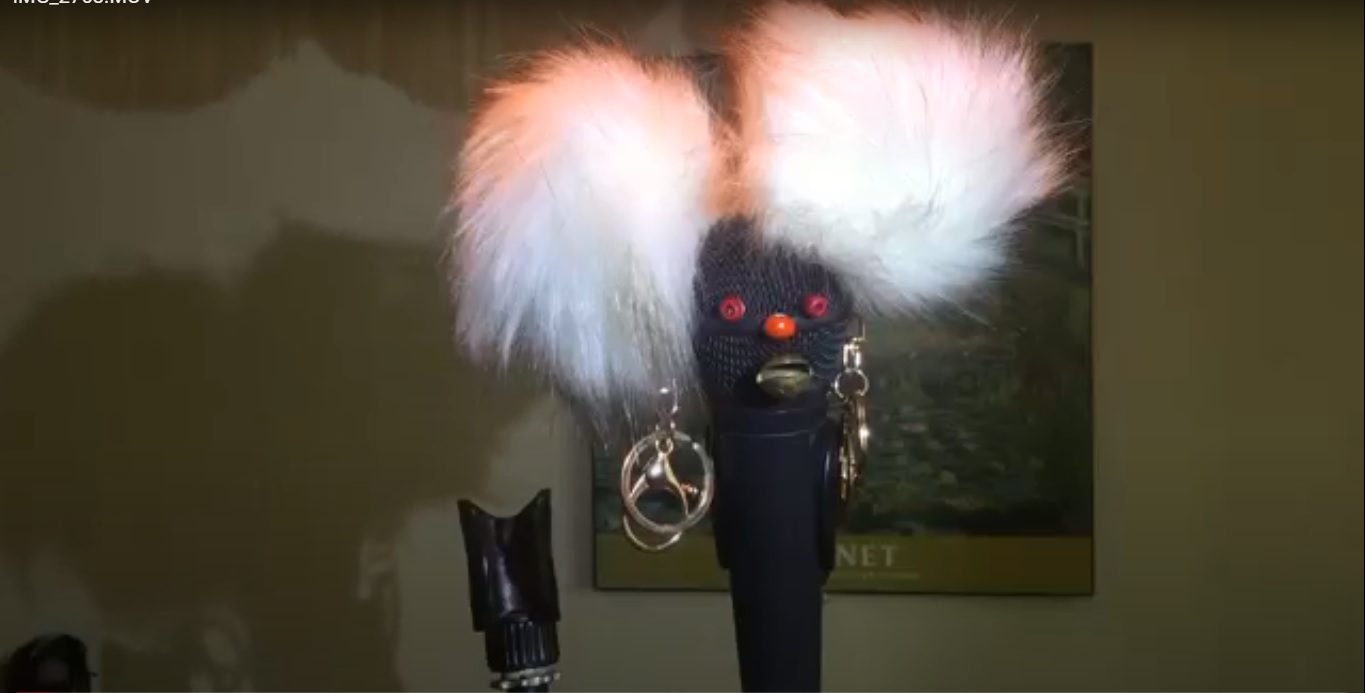

OK... But Is Drama Therapy For Me?
What if I can't/don't want to act...?
No acting experience is required and drama therapy isn't always about acting out feelings/scenarios (though some clients may find this useful), so don't worry if the thought of acting doesn't appeal to you.
Drama therapy is about creative and experiential methods to offer new insights into ourselves and transformational experiences.
While acting and role play can be useful therapeutically, not every client works with these methods, and since Drama Therapy is client-led, we'll take these steps together if the time arises. Some other creative ways we may work in include story, symbol, writing and embodied expression.
Who usually chooses drama therapy?
Clients who choose drama therapy are as diverse as the creative methods drama therapy employs but sometimes it is for people who have either reached a plateaux in traditional talk-therapy or simply know that they need to unlock their healing through specifically creative and/or embodied means.
You don't need to consider yourself creative, you just need to be willing to give yourself a chance to engage imaginatively when the opportunities arise.
It is also inherently playful, and so it's for people who would like to reconnect with their sense of play, or recruit thier more playful side into their healing and therapeutic work.
But what if I want/need to talk?
Don't worry, talking is a big part of the therapeutic process: it's important to provide the context, process and elaborate on current challenges, as well as reflect on and integrate material.
We'll always engage in conversation about the work, what is coming up and your experience of any creative techniques employed,
I'll never force creative engagement, sometimes we need to process certain things through the familiar form of spoken language and an attentive ear. This is always a legitimate part of the process.
But can 'creativity and play' seriously help?
For thousands of years, healing and creativity have been intricately connected. All cultures and spiritual practices have made use of ritual - including spectacle, embodied practise, story and music - to facilitate sense- and meaning-making, as well as experience transcendence from suffering.
Creative expression allows us to engage with and render painful, challenging experiences and feelings with depth, truth and beauty too. Allowing for a new relationship with this material and imagining alternate endings to stories we thought had foregone conclusions.
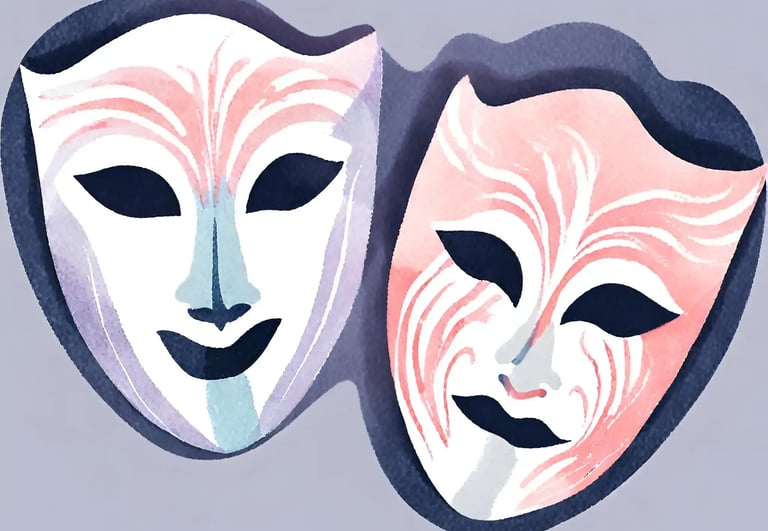

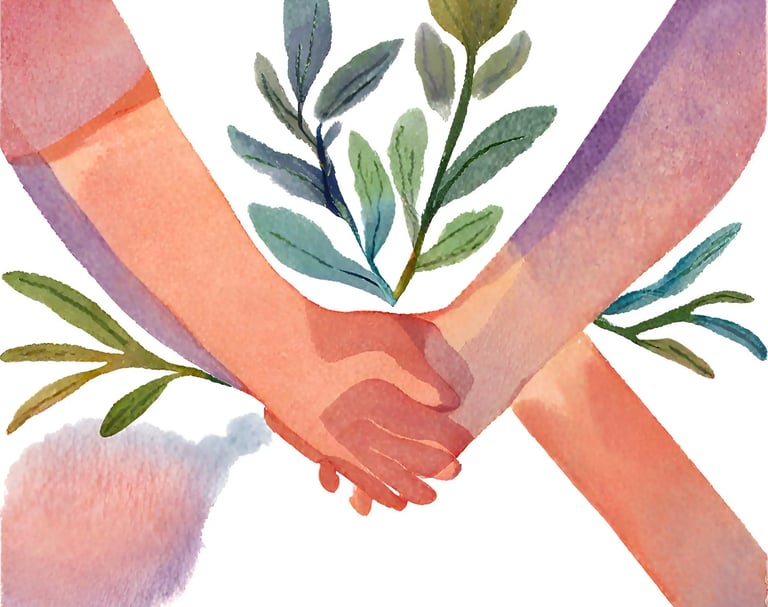

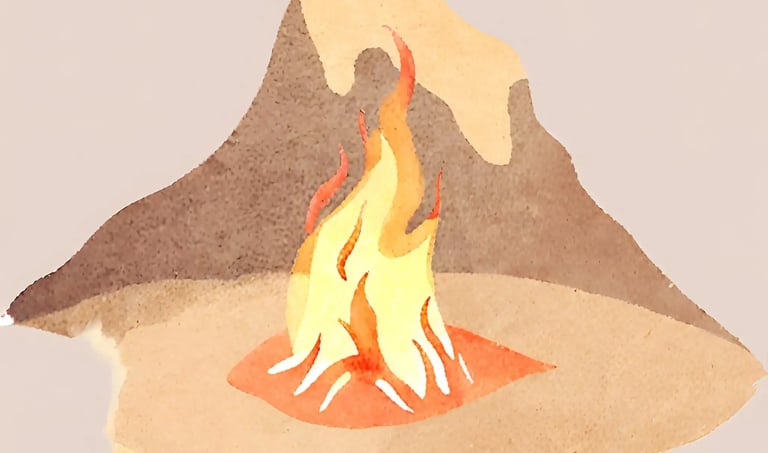

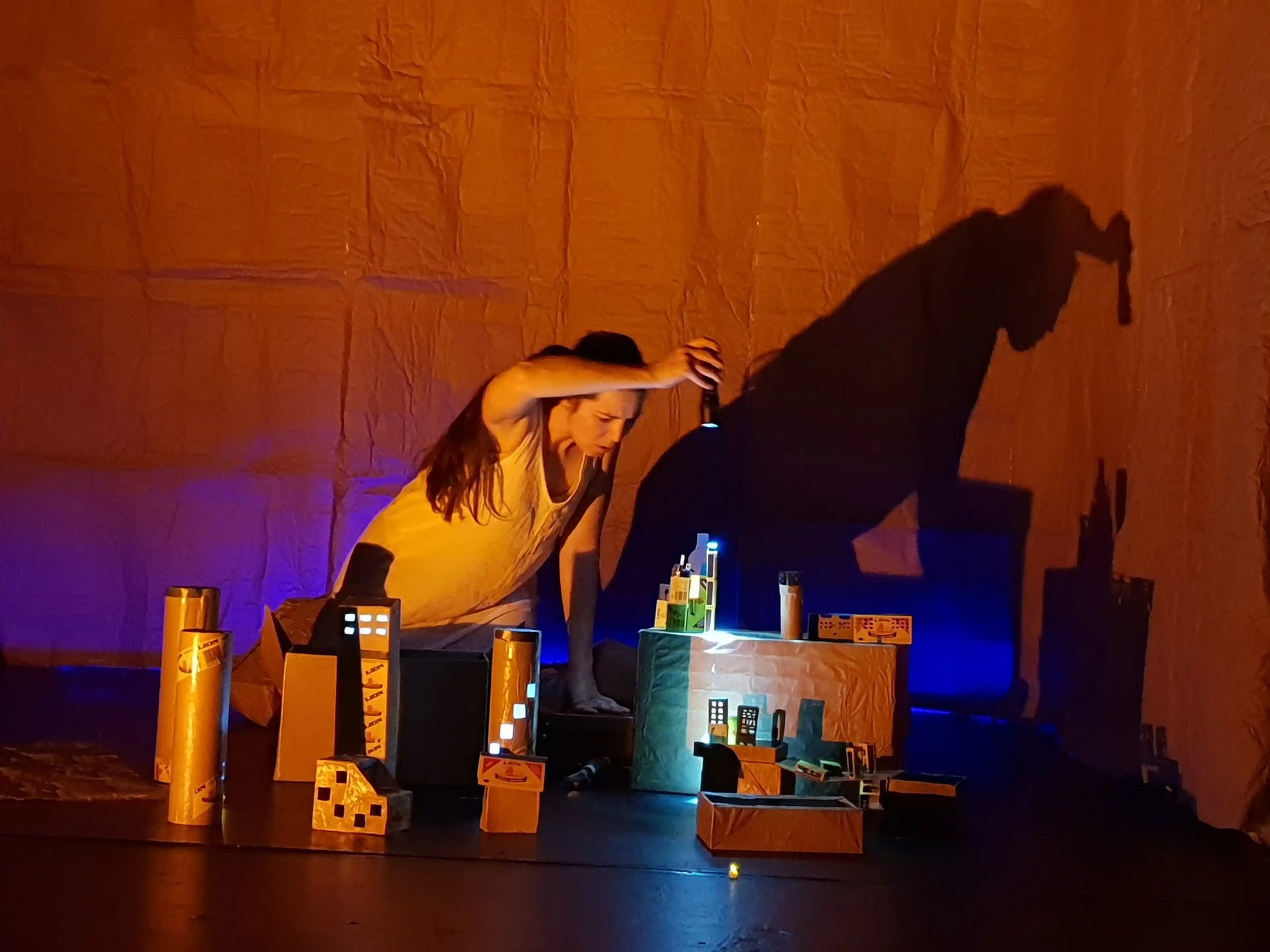
"Playfulness in dramatherapy concerns the way a client can enter a state which has a special relationship to time, space and everyday rules and boundaries”
- Phil Jones
Training
Rhodes University
Bachelor's degree in Drama & Philosophy (2004-2007)
UCT
Honours degree in Drama & Performance Studies (2010)
Unisa
Psychology - extra credits for Bachelor's degree (2020-2023)
University of the Witwatersrand
Honours degree in Drama Therapy (Cum Laude 2020-2021)
Masters degree in Drama Therapy (Cum Laude 2022-2023)
Education
Experience
Johannesburg Children's Home
Masters: 2022
iThemba Drug and Alcohol Rehabilitation Clinic
Masters: 2022
Sparrow Foundation School
Internship: July 2023 - June 2024
Professional Experience & Registration
Professional Registrations
Experience
Online Drama Therapy
Internship - present
2023 - ongoing
Waldorf Micheal Mount
Internship - present
2023 - ongoing
Papillon Recovery Centre
2024 - ongoing
(HPCSA) Health Professions Council South Africa
ATIN 0000337
(SANATA) South African National Arts Therapies Association
2022 - present
